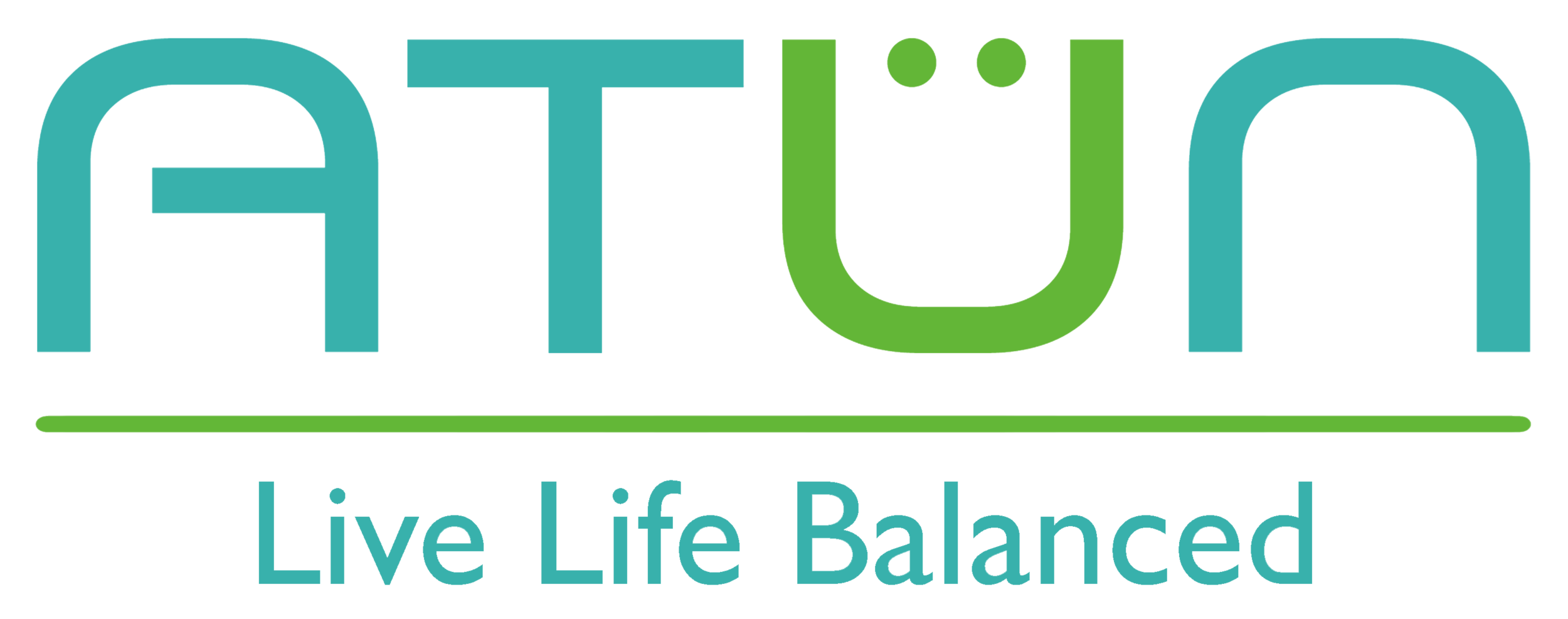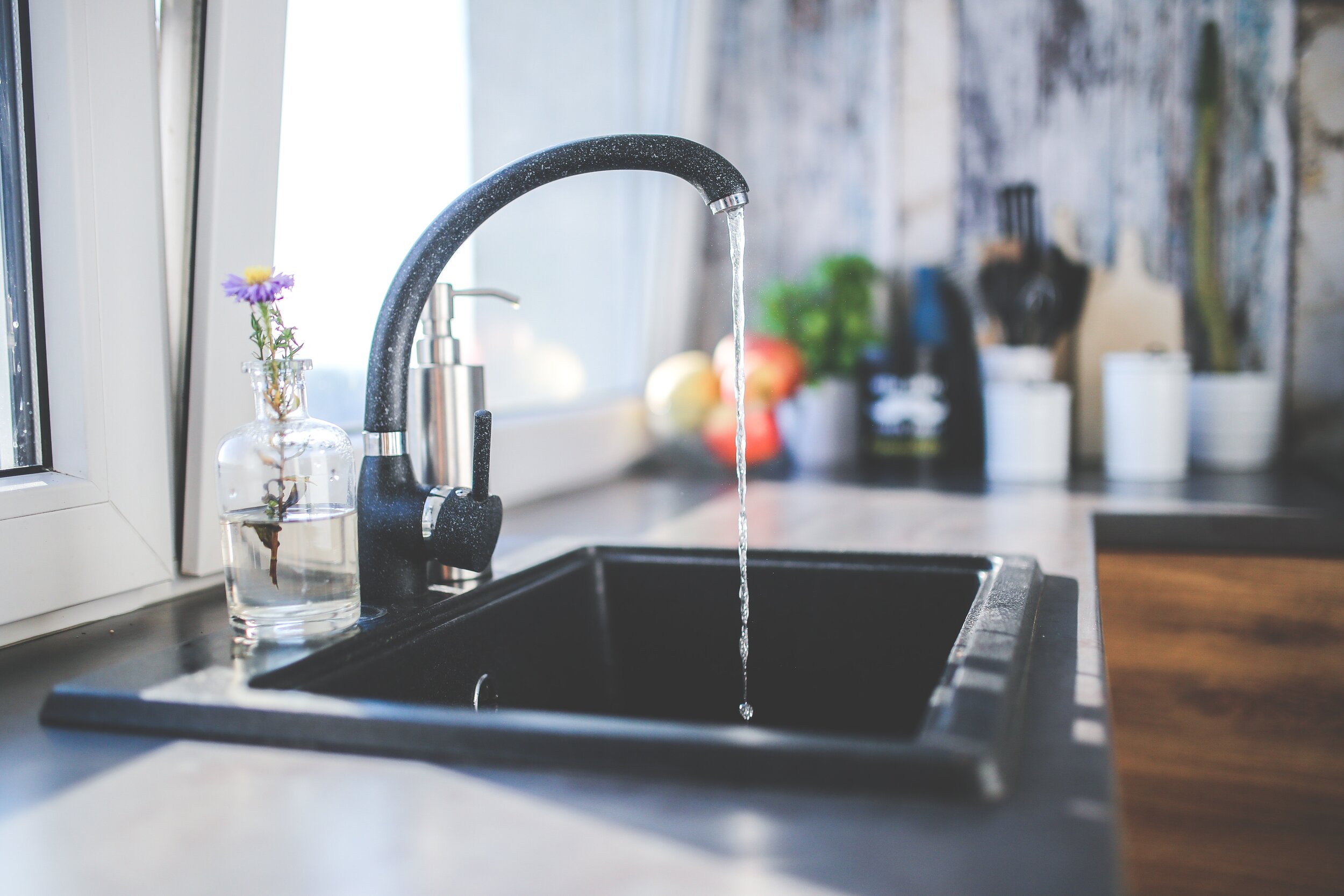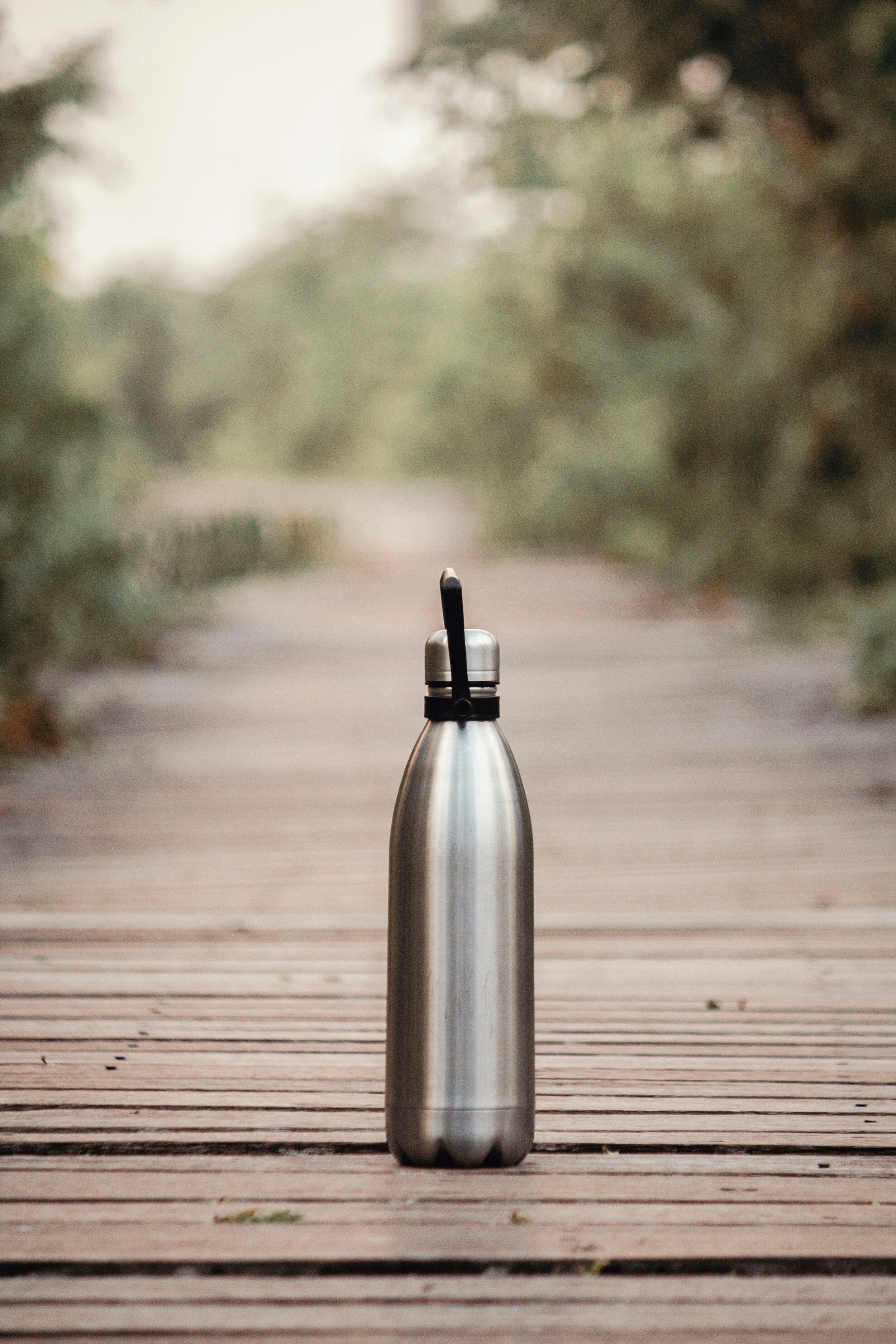NEW YEAR - NEW YOU
Let’s talk about WATER!
It’s that time of year again! To pause and reflect on what happened in 2019, and what you’d like to see different in 2020. Setting goals to improve your life, because you have chosen to do better for yourself. If your goals are related to health- we've got you covered.
Setting goals is important but it can be difficult to set goals- especially when it comes to your health. Where do you start? If you’re are struggling with your health and are looking for tips on how to improve your life, or you consider yourself healthy and are looking for ways to further up your game then stick around!
Over the next several articles we’ll be covering healthy habits that you should consider adopting for the new year.
Water- The Essential Element to Life
One of the best ways to improve your health and in my opinion perhaps the easiest, is to drink the appropriate level of water. Did you know water makes up approximately 60% of the human body? That is a huge proportion! It’s no wonder why having the correct amount and type of water is so vastly important.
Everyone knows that we need water to survive. However, few people know the specific reasons of why water is so important. It’s crucial if your goal is live healthier in 2020. So, let’s begin! Below are 5 uses that your body has for water.
5 Uses of Water
1) Water transports nutrients and minerals through the body that are important for your cells to function properly. Cells need a constant supply of oxygen and nutrients. Blood within the circulatory system is designed with this in mind, and is made up of approximately 78% water. Without proper water intake, the circulatory system is unable to function properly and carry those nutrient and minerals. As a result, your cells won’t be getting all the oxygen and nutrients that they need. This can quickly lower your body’s physical performance and function.
2) Water aids in the removal of waste from our bodies. This is accomplished when we sweat, through urination and defecation. In particular, our digestion system relies heavily on water to “keep things moving”. Without it, constipation would quickly become a problem. When constipated the intestines are unable to expel waste quickly enough. Consequently, the toxins meant for the toilet end up being absorbed back into your body. Talk about gross! This cycle continues and the body quickly becomes overburdened and toxic bringing with it a whole new host of problems.
3) Water regulates the body’s temperature. When you sweat, warm water is shed to the outer layer of the skin which then evaporates leaving a cooling effect. It’s this cooling cycle that water plays a main role. Without water, we wouldn’t be able to sweat- keeping you hot and bothered after your workout!
4) Water helps to maintain the correct pH balance within the body. PH balance is important. Over time it means the difference between being healthy and running top notch, or falling apart about to hit the floor. When your body is within the correct pH range your bodily systems, mainly digestion will be functioning correctly. This allows for the proper absorption of vitamins and minerals which go on to support every other system in the body.
5) Lastly, water provides our skin and mucus membranes much needed moisture. Properly moist skin protects your body from the daily assault of germs and bacteria. In many cases, the skin is your first line of defense against invaders. When the skin and mucus membranes are dried out, their ability to repel attacks is greatly compromised which opens you up to infections and sickness. So instead of going for that bottle of moisturizing lotion that’s loaded with chemicals, grab a couple glasses of water instead!
What Kind of Water Should You drink?
Your body needs pure H2O. This means that any other compounds or “impurities” found in water are not helpful to the body. The goal is to drink the purest water that you can afford or have access to. The water you drink and bathe in should be purified. In today’s water supply whether it be a well or city water system, contains a growing number of impurities. These range from chemicals like chlorine, mercury, lead, even prescription medication. That’s right- you read that correctly. With more drugs being consumed, levels of drug contaminate within the water supply continues to rise further affecting your health and the environment.
You may be asking yourself “Why would I buy a filter for my shower head? I don’t intentionally ingest water while in the shower!”. While this may be true, the fact of the matter is that chlorine interacts with other chemicals in the water which can create gasses such as chloroform. Once something is in the gas state, it’s now able to be absorbed into your lungs. The lungs provide a clear pathway directly into your body, whereas liquids take longer to be absorbed into the body through your skin.
There are many different methods of purifying water. Gravity based, Reverse Osmosis (RO), Distilled, Ultraviolet (UV), Ozone. Each has their own advantages and disadvantages and we could dedicate another article entirely on the each and how they work. What you need to know is that you should purify your water using one of the methods above.
We have used Reverse Osmosis (RO) in our home for years and love it. RO water is passed under pressure through a semi-permeable membrane to remove heavy metals like arsenic, fluorides, nitrates and mercury. The downside is that it’s unable to remove pathogens like UV purification can. Whereas UV can remove pathogens, it’s unable to remove impurities like lead, nitrates and fluoride. So, there is a tradeoff with each! Take a look at the water situation for your home and decide what’s best for you in your area.
Water Bottles
A quick thought on bottled water. Hands down the preferred option is glass. Although more fragile, glass will not give off any chemical contamination in your drinking water. I have been using them for years, especially the ones with silicone sleeves- they're surprisingly durable! The cost of these has also come down considerably as they’ve become more popular.
Metal bottles are another option, but be sure to pick one that is made of a safe metal- like Stainless Steel.
Lastly, plastic is great because it’s durable. Making it perfect for those of us living an active lifestyle. However, one must be very careful and read labels closely. If purchasing a plastic water bottle be sure to pick one that is made of safer plastic like High-Density Polyethylene (2), Low-Density Polyethylene (4), Polypropylene (5). Please note! Yes, these plastics are safer than others not listed, however chemicals can still leech into your drinking water. Which is why we advise opting for glass whenever possible. If you have to use plastic, never leave it in your hot car or heat it up and then drink from it!
How much water should you drink and when you should drink it
Finally! The question you’ve been dying to know. How much water should you drink? It’s really quite easy to figure out. Simply take your total body weight and divide it in half. That number is the total ounces of water you should be drinking every day. See an example below...
150 lbs / 2 =75 ounces
Keep in mind that this amount is contingent upon your activity level throughout the day. If you’re sweating while doing chores around the house or at the gym exercising, then the ounces of water should go up accordingly.
If you’re currently drinking little water throughout the day you may be thinking to yourself that there’s no way you’ll accomplish the half your weight in ounces goal. That’s ok! Take your time and slowly build your way up to your number. It may take a few weeks, that’s fine. In the beginning you may be running to the bathroom every hour but over time your body will adjust accordingly and you will find your urges to urinate will become less and normalize out.
A few more thoughts on water consumption. Try to avoid very cold water. This will slow your digestion and inhibit the absorption of nutrients due to constriction of blood vessels. Your water consumption should also be spread throughout the day. Don’t wait until the hour before bed to cram all 75 ounces in!
It’s easy to not drink enough water throughout the day. Hopefully this article sheds a little light on some of the reasons why you should be drinking the proper amount. Remember, start small and work your way up. Once you regularly reach your goal you’ll likely notice more energy, stamina and improved digestion.
Did you enjoy this article and want to read more? Let us know in the comments section below and hit the subscribe button so you can be notified when new content is posted
- Greg Quante CNHP




